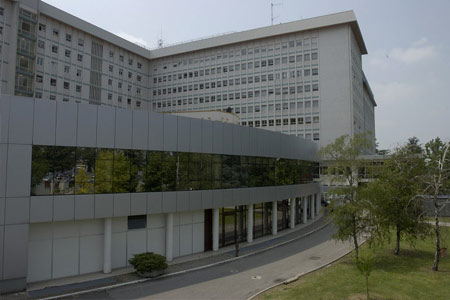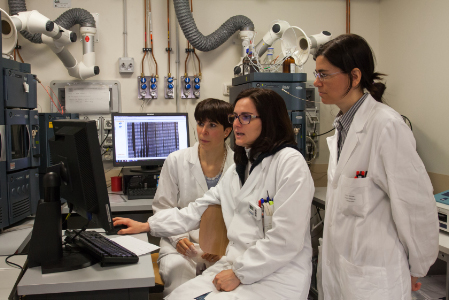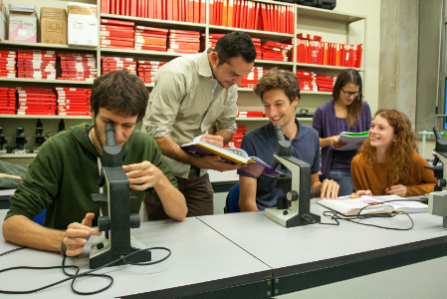Although hematopoietic cell transplantation (HCT) can be a curative therapy for a variety of hematological malignancies, disease
recurrence remains a major problem. The use of donor leukocyte infusions (DLI) has been a fundamental step to improve
treatment, particularly in CML and has served to demonstrate the effectiveness of the graft versus leukemia (GVL) effect
in controlling relapse. However DLI is often associated to concomitant graft versus host disease (GVHD) and is also poorly
effective in several neoplastic diseases, such as AML, ALL and myeloma. Moreover, GVHD is overall detected in more than
60% of patients and in 85% of responders. These problems have therefore led to the search for procedures allowing the selection
of leukocyte subpopulations with intact GVL and reduced GVH and with applicability to different neoplasias. Natural
killer (NK) and Cytotoxic T Lymphocytes (CTL) cells have potent antitumor cytotoxicity which is under the control of both
activating and inhibitory molecules, but their full potential in allogeneic combinations has yet to be fully understood. Furthermore,
the difficulty of expanding NK and CTL cells in vitro and the requirements of high doses of Interleukin 2 (IL-2) coadministration
with its associated toxicity, have so far severely restricted their use in the clinic (LAK lymphokine-activated Killer){
Ettinghausen, 1987}. One much more simple, reproducible and rapid methodology which has recently began to be explored
is represented by Citokine Induced Killer (CIK) cells to be used for treating relapsed leukemia patients. T cells with
natural killer cell like phenotype and function (NKT cells) have been described in both human and murine tissues {Ballas,
1990; Sykes, 1990}. In vitro expanded murine or human CIK cells are mostly CD3+CD56+ and show potent cytotoxic activity
in vitro against a number of tumor cell lines or freshly isolated tumor samples, including AML, CML and B lymphoma
cells{Lu, 1994;Alvarnas, 2001;Hoyle, 1998;Linn, 2002}. Very recently we conducted a phase I study of allogeneic donor's
derived CIK cells in leukemia relapsed patients who had been previously treated with bone marrow transplantation. This study
has shown that the production of allogeneic CIK cells is feasible under clinical-grade conditions, their infusion is generally
safe and may contribute to clinical response {Introna, 2007}.







